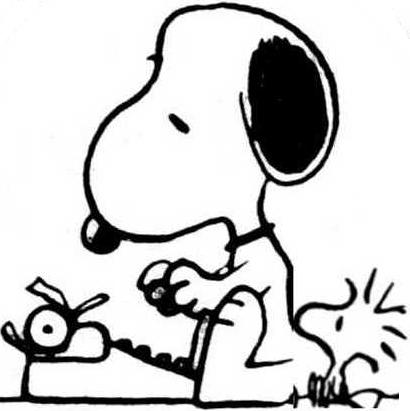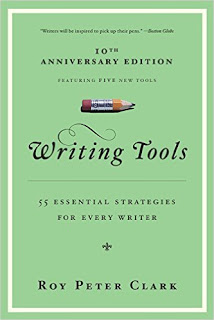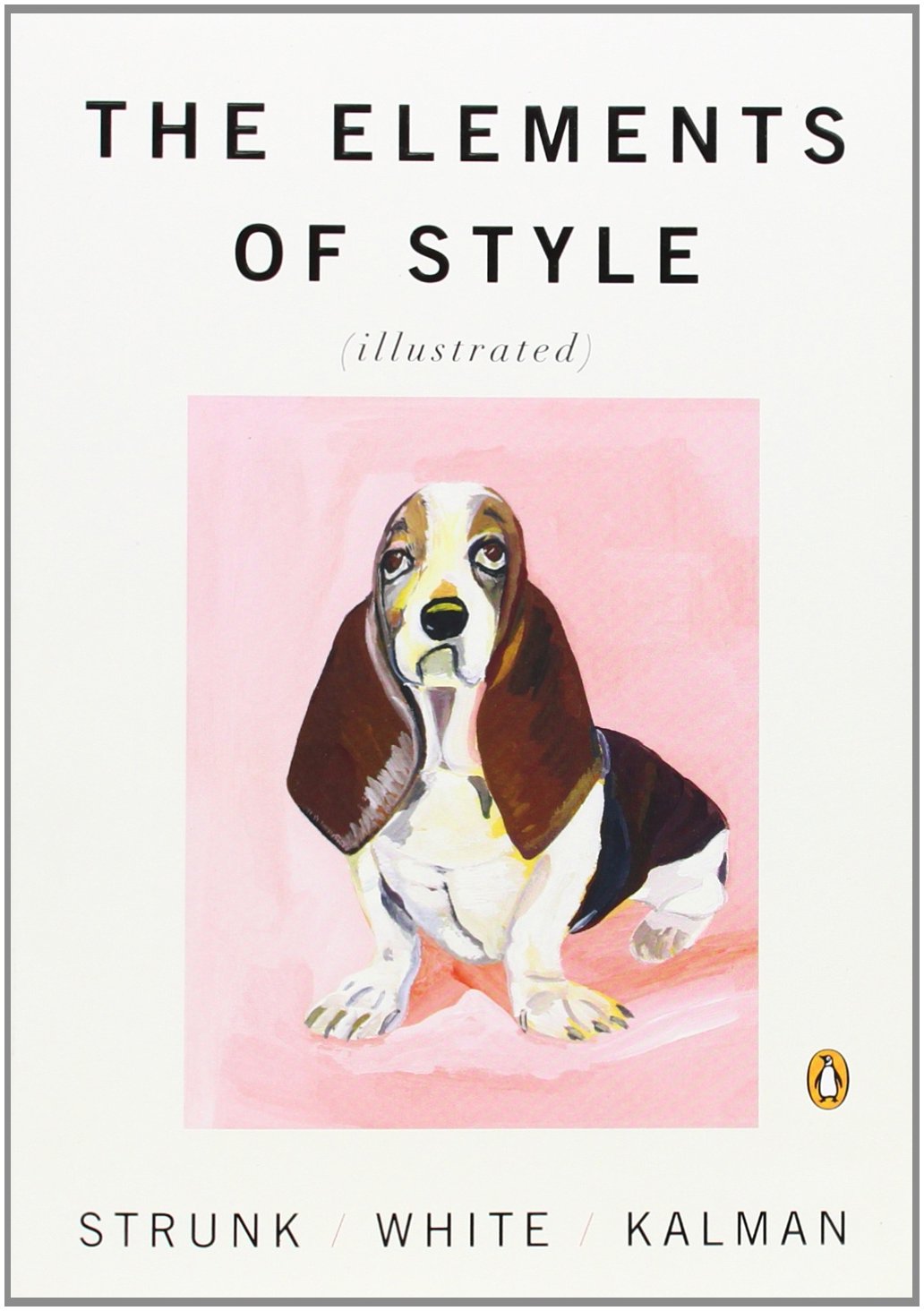
As the calendar turns to 2025, the promise of a fresh start is upon us. Like an unopened tome or a blank page, the future fairly crackles with possibility. For us book lovers, it’s the perfect time to set reading resolutions that inspire, challenge, and delight. Be bold! Cast out into the deep of your wildest aims and see how far you can get. With reading, the journey is the destination.
So, what kind of reader do you want to become in 2025? Here are five ideas to inspire your resolutions:
1. Explore a New Genre
One of the simplest ways to keep your reading life fresh is by venturing into unfamiliar territory. If you’re an avid fiction reader, consider delving into narrative nonfiction or memoir. Love mysteries? Try a sci-fi or fantasy novel. The beauty of exploring a new genre lies in discovering stories and voices you may never have encountered otherwise.
I once conquered a reading slump by (gasp!) delving into genre fiction. Where I once would have disdainfully passed the bestsellers for their lack of “improving” content, I now dip an adventurous toe into anything that catches my eye. I may have read a Dan Brown. (I may have read them all.)
Start by asking friends for recommendations or browsing online lists curated by fellow readers. You might find yourself enchanted by a gripping historical fiction novel or laughing out loud at a humorous essay collection. Challenge yourself to read at least one book in a genre you’ve never tried before—you might just find a new favorite!
2. Commit to a Reading Challenge
Is there anything better than a spreadsheet of your TBRs? I can’t imagine so. Reading challenges can turn your personal goals into a community experience. Popular challenges like “52 Books in 52 Weeks” or themed lists (e.g., books by diverse authors, award winners, or books set in different countries) offer structure and excitement to your reading year.
Want to read like Rory Gilmore? (She’s fictional, so don’t sweat it if you get bogged down.) How about Ernest Hemingway? (Though, truth be told, his story doesn’t have a cheerful ending.) Want to read everything penned by James Joyce? There’s a list for just about any taste and if you make a new one, you’ll have no shortage of interested followers.
If you live your life online, platforms like Goodreads provide easy ways to track your progress and connect with others taking on similar challenges. I tend to go for fountain pen on cotton rag paper for the tactile feel of a mission properly accomplished.
3. Revisit a Favorite—Even a Bad One
I confess, I’m not a re-reader. There are too many books on the shelf and I take the one-and-done approach to most of them. That said, some books are worth revisiting. Whether it’s a beloved favorite or a classic you’ve never tackled, returning to familiar stories can be incredibly rewarding. Books like Pride and Prejudice, 1984, or To Kill a Mockingbird often reveal new layers with each reading, offering fresh perspectives on themes, characters, and the world around you. The pages haven’t changed, but you have.
If you’ve never re-read a book, start with one that left a lasting impression. It’s OK if it’s not high literature. You can bask in Black Beauty or recall the thrill of learning How to Avoid Huge Ships. Re-reading can feel like catching up with an old friend, reminding you why you fell in love with reading in the first place.
4. Incorporate Audiobooks into Your Routine
Life gets busy, but audiobooks can help you squeeze more stories into your schedule. Whether you’re commuting, exercising, or tackling household chores, audiobooks turn mundane tasks into opportunities for literary escapism. I’m a massive audiobook fan, because instead of “wasting time with my nose in a book” (yes, childhood was a challenge), I can get stuff done and still do the thing I most want to do.
Platforms like Audible, Libby, and Librivox offer extensive libraries to choose from. For beginners, focus on genres that thrive in audio format, such as thrillers, memoirs, or full-cast productions of plays. Find narrators who match your preferences—a great narrator can bring a book to life in unexpected ways. One caveat though: just as a skilled narrator can add a lot to the reading, a poor one can be torture! Don’t confuse the text with its reader and don’t throw the narrative out with the narrator. Sometimes the page truly is best.
5. Support Local Authors or Indie Publishers
Do you write? If so, you know what an absolute curse it is and how richly it should be (and, alas, rarely is) rewarded. This year, right this wrong and resolve to explore books that spotlight voices close to home or from smaller, independent presses. Local authors often bring unique perspectives and rich cultural insights to their work, while indie publishers are known for championing diverse and underrepresented voices. Yes, it’s a gamble, but at worst you’ll have spent a few dollars in the direction of someone who has really worked for it. And at best? Well, you know.
Check out independent bookstores, attend author events, or participate in local literary festivals to discover new gems. Not only will you be enriching your reading life, but you’ll also be casting a vote for a vibrant literary ecosystem within your community.
Thoughtful reading resolutions can transform your relationship with books and deepen your appreciation for the written word. Whether you’re stepping into a new genre, joining a reading challenge, or revisiting an old favorite, there’s no wrong way to set your literary goals.
So, what’s your top reading resolution for 2025? Share your goals in the comments below—we’d love to hear from you! And don’t forget to subscribe to our blog for more bookish inspiration throughout the year. Here’s to a year filled with unforgettable stories and enriching reads!


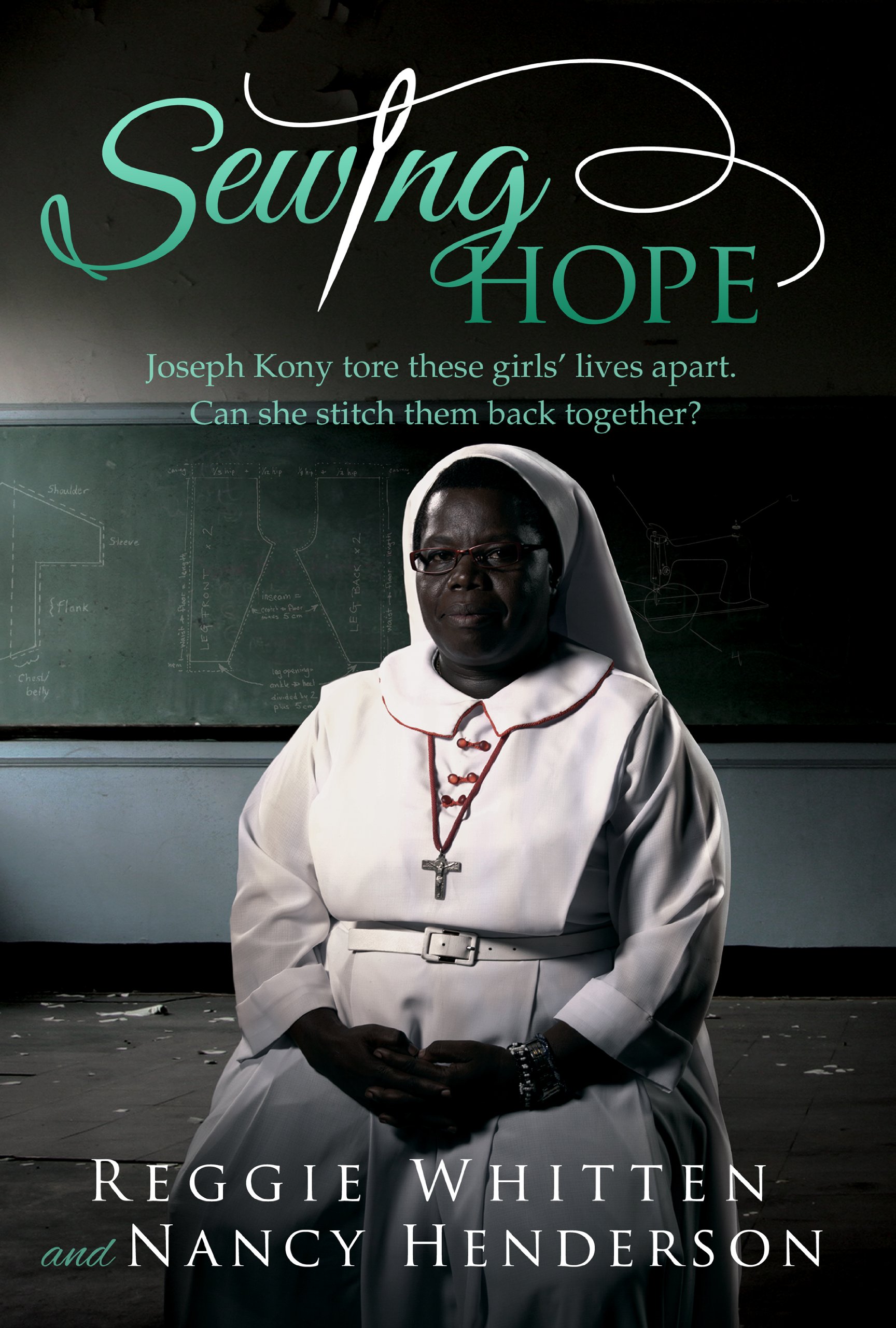
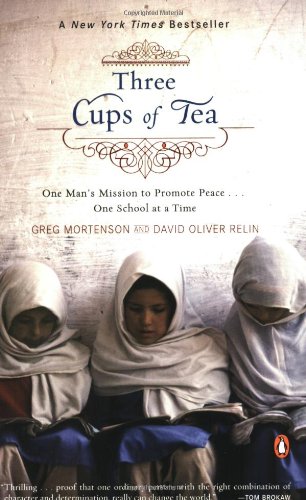
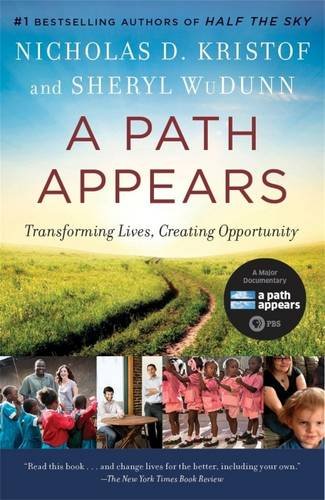 Nicholas Kristof is a world-changer all by himself. When he profiles someone in his NYTimes column, things change. (His profile of
Nicholas Kristof is a world-changer all by himself. When he profiles someone in his NYTimes column, things change. (His profile of 




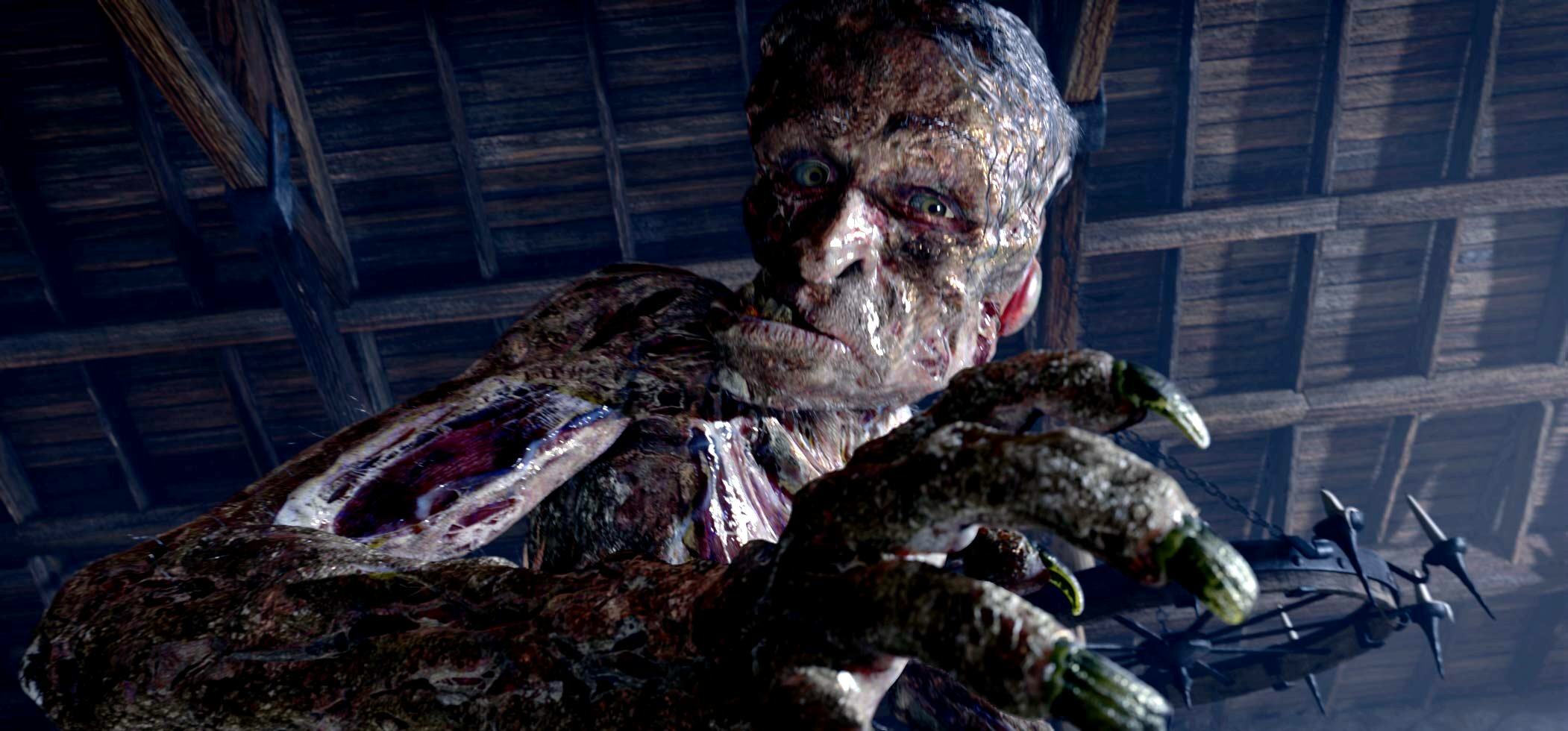


 I didn’t have much in the way of a penchant for royalty until I made a run at Shakespeare’s historical plays one summer. The Bard presents excitement and challenges aplenty without the added hurdle of my not knowing whit one about his cast of characters.
I didn’t have much in the way of a penchant for royalty until I made a run at Shakespeare’s historical plays one summer. The Bard presents excitement and challenges aplenty without the added hurdle of my not knowing whit one about his cast of characters. 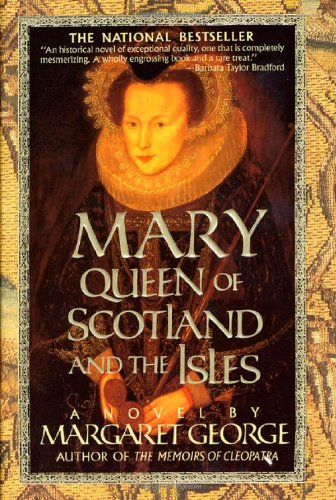
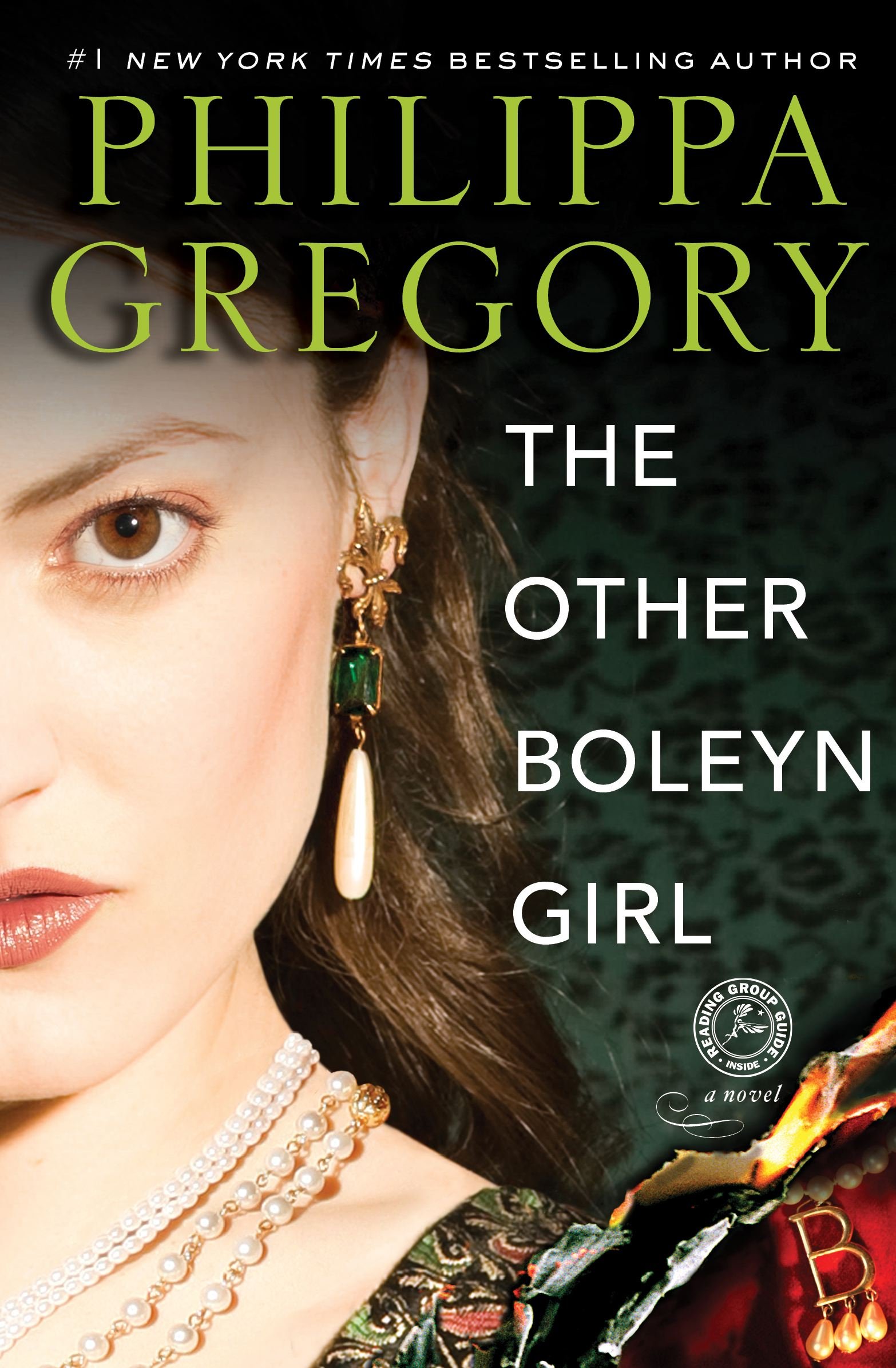
 Hibbert does a nice treatment of Victoria (would that Shakespeare had been around to manage that one!)
Hibbert does a nice treatment of Victoria (would that Shakespeare had been around to manage that one!) 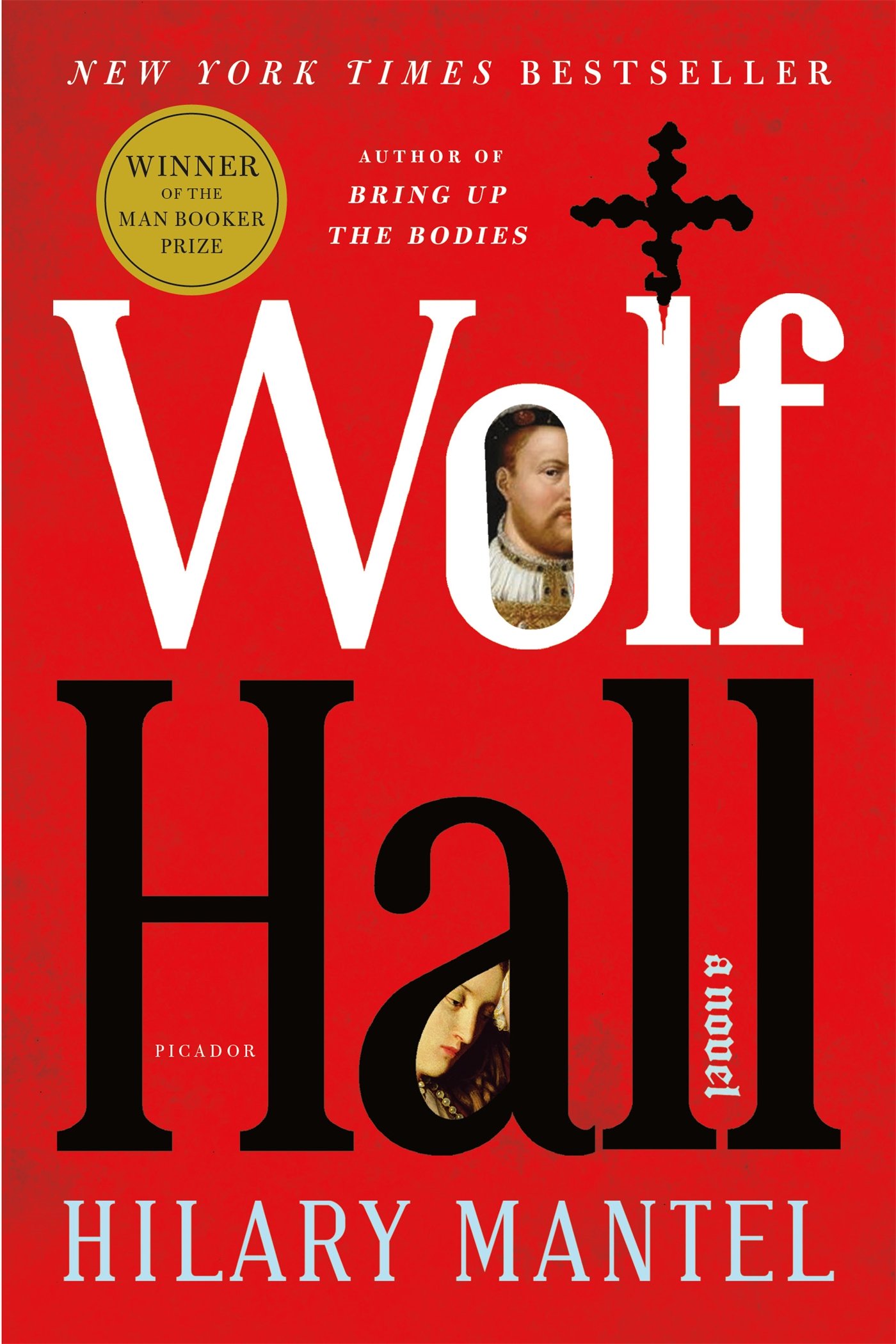

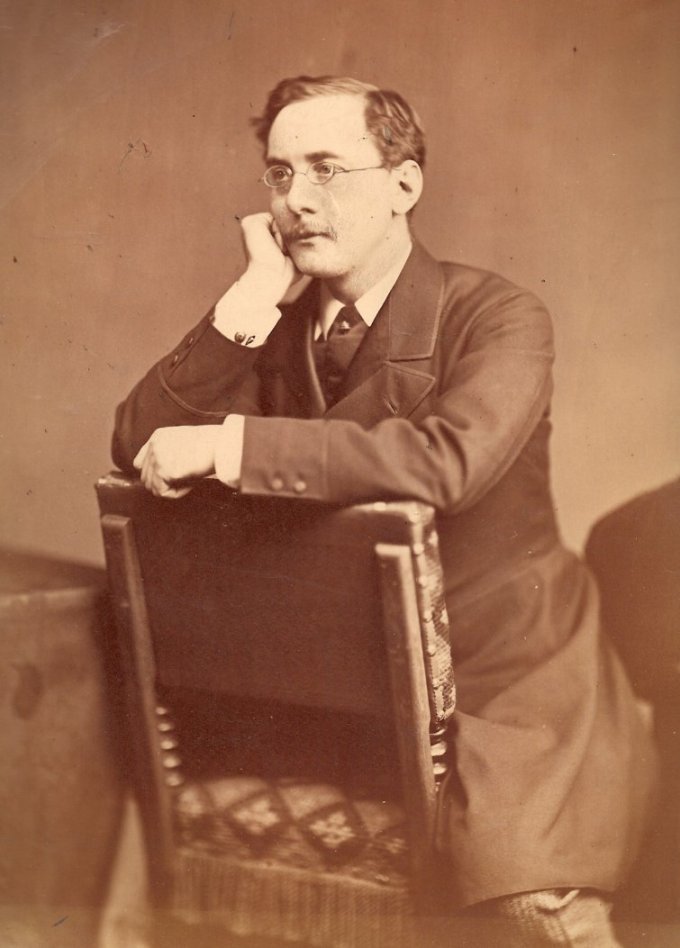 Everything about this photo tells the tale. The way he’s seated on the chair, his back to whatever useless endeavor had recently held his attention; the toothbrush mustache, styled to disguise a permanent frown; the wistful waiting for it all to be over. Poor Charles Dickens, Jr.
Everything about this photo tells the tale. The way he’s seated on the chair, his back to whatever useless endeavor had recently held his attention; the toothbrush mustache, styled to disguise a permanent frown; the wistful waiting for it all to be over. Poor Charles Dickens, Jr.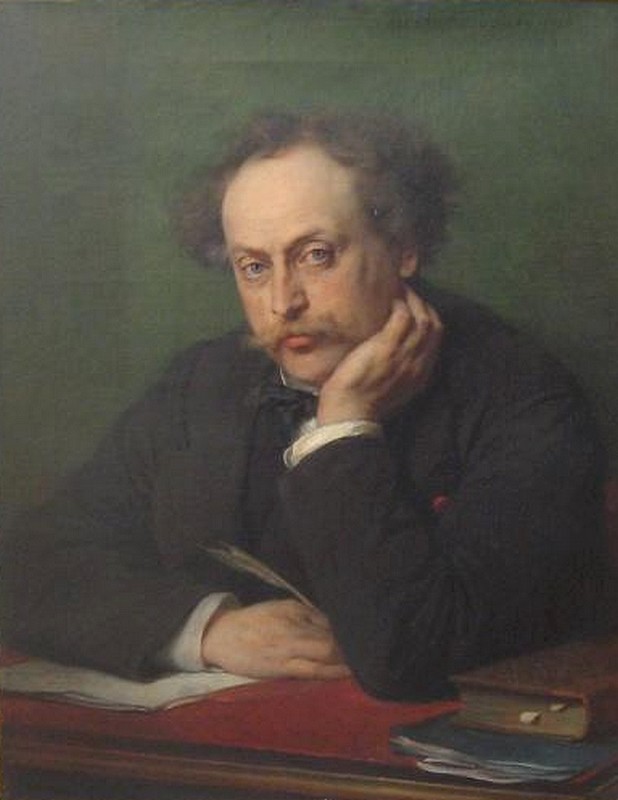





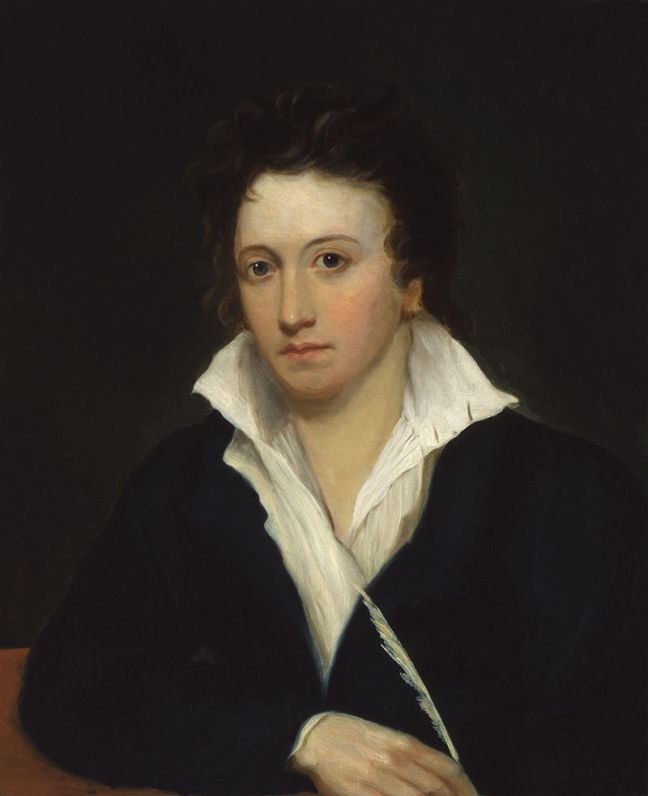



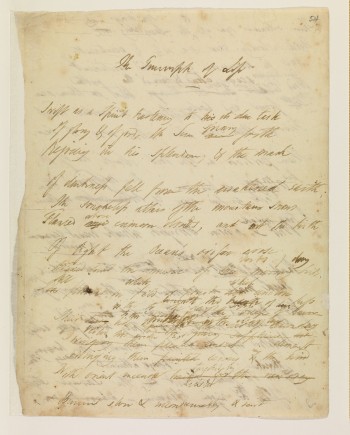
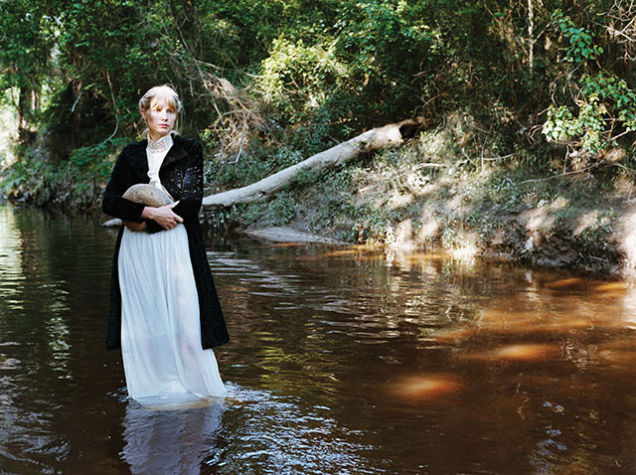
 Whether he would prefer not to or no, Melville toiled at a bank in Albany, New York, beginning in 1832. Subsequent stints as English teacher and cabin boy proved equally unsatisfactory, so he boarded a merchant ship and went properly to sea. During his five-year voyage, he explored strange new worlds (including living with some cannibals in the Marquesas), sought out new life and new life forms (literally selling sea shells by the seashore in Tahiti), and was boldly imprisoned by mutineers.
Whether he would prefer not to or no, Melville toiled at a bank in Albany, New York, beginning in 1832. Subsequent stints as English teacher and cabin boy proved equally unsatisfactory, so he boarded a merchant ship and went properly to sea. During his five-year voyage, he explored strange new worlds (including living with some cannibals in the Marquesas), sought out new life and new life forms (literally selling sea shells by the seashore in Tahiti), and was boldly imprisoned by mutineers.


